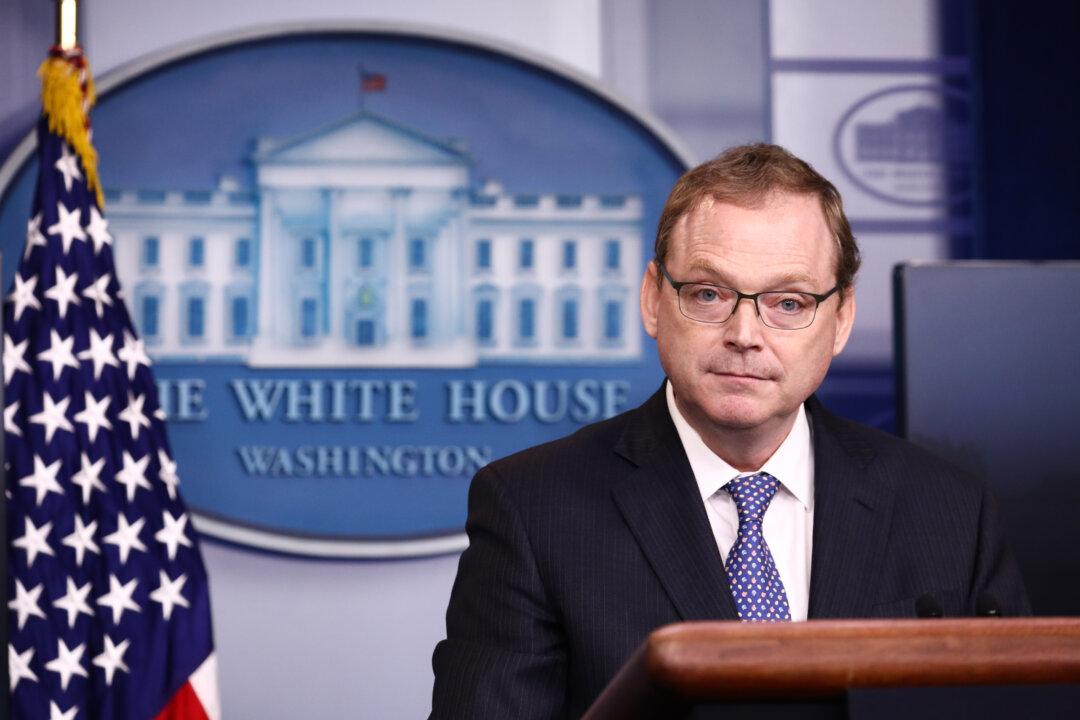A senior U.S. official says some major Canadian cities rival San Francisco in the seriousness of their drug crisis, citing a fentanyl-related incident he witnessed in Edmonton as evidence that Canada has let its drug problem get “out of control.”
White House National Economic Council director Kevin Hassett made the comments during a Feb. 3 interview with CNBC, hours before President Donald Trump agreed to a 30-day pause in tariffs on Canada. The delay came after Prime Minister Justin Trudeau pledged to beef up border security to stem the flow of fentanyl.





